Last updated on July 8, 2021
Since the start of the pandemic, Canadians have been turning to a multitude of hobbies to keep themselves busy while stuck at home. We saw demand skyrocket for home gardening, DIY projects, and at-home fitness regimes. Besides exercising and DIY home makeovers, many of us also took up online learning to find new interests and sharpen existing skills. According to Forbes, even before the pandemic, Research and Markets forecasts the online education market as $350 Billion by 2025:
“[Online learning platforms] such as Udemy, Coursera, Lynda, Skillshare, Udacity serve millions of people…Top tier universities are also democratizing the learning by making courses accessible via online. Stanford University and Harvard University give access to online courses under categories of computer science, engineering, mathematics, business, art, and personal development. These all show one thing, there’s a huge demand from people to learn online.”
With COVID-19 accelerating the need for accessible and quality online education, Caddle asks: What is all the fuss about online learning?
We asked Caddle’s Daily Active Panel of over 8,500 Canadians in March:
How familiar are you with online learning?
52% of respondents said they are familiar with online learning. Is this lower than you may expect?
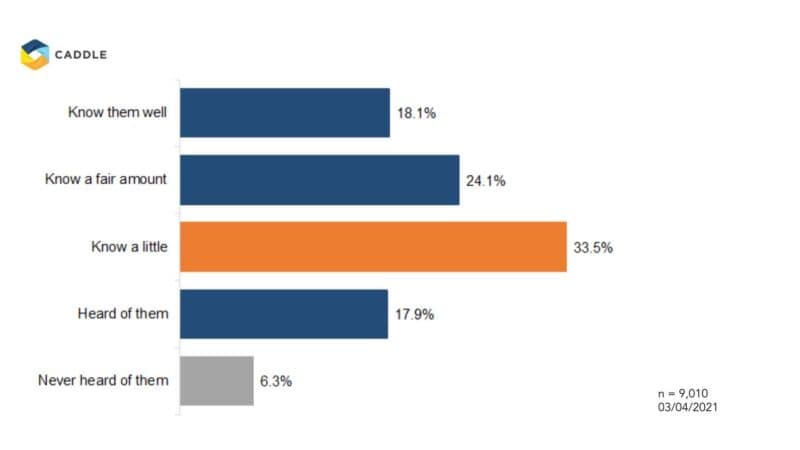
A possible explanation for this is that between generations, there are big differences with how they view online learning. For example, when we look at Generation Z, they are almost 5 times more likely than Baby Boomers to be familiar with the concept of online learning.
For the next few data points, let’s look at Millennials and Baby Boomers in specific.
When it comes to learning, Millennials say online is as valuable as traditional education.
Based on your experience, how likely are you to recommend online learning to others?
When we look at the general population, about half of the respondents rate their likelihood of recommending online learning as a 5 (Extremely likely) or 4 (Very likely)
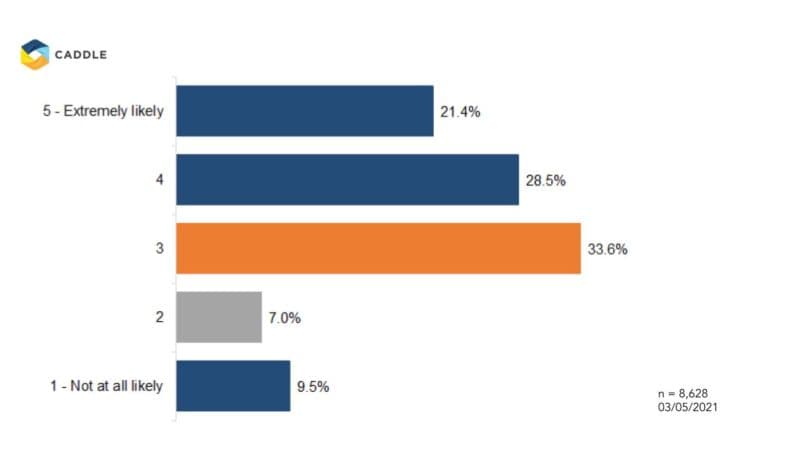
What does this tell us?
This means younger generations – in this case Millennials – are more likely to be advocates for online learning. More broadly, this translates to a possible shift in the education sector as a whole as more and more young Canadians look towards unconventional channels to further their education journey, off campus.
Full-time job training or side hustle advancements?
So, what are Canadians taking these online courses for? Well, about 43% of respondents take online courses to stay updated in their work/profession. While about 3 in 10 respondents take online courses for reasons attached to their side hustle/hobby.
How do you feel about this statement: “I take online courses for continuous learning purposes”?
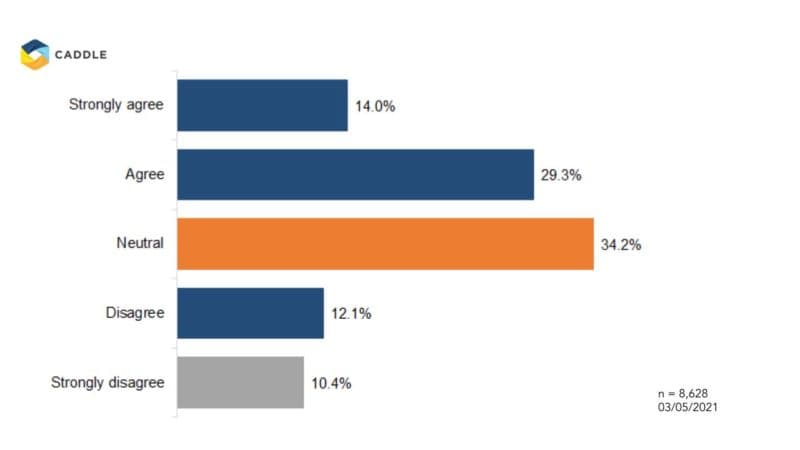
How do you feel about the statement: “I take online courses for my side hustle/hobby”?
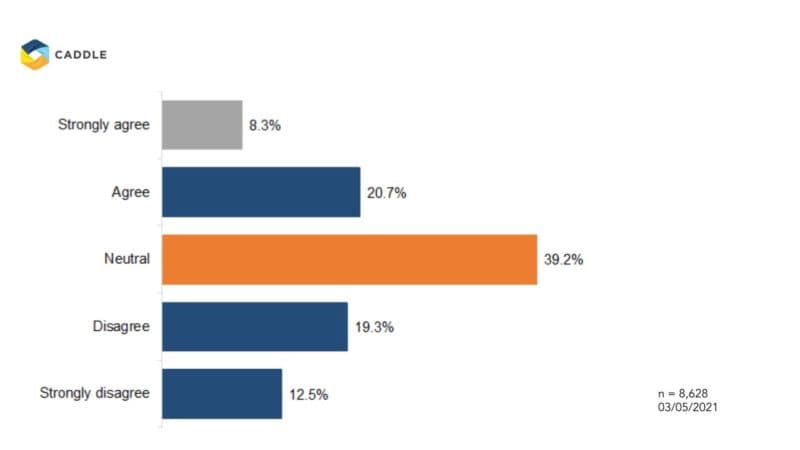
Again, we see stronger indications from younger generations that they are eager to advance their side hustles and hobbies through online learning. Caddle found that Generation Z are almost four times more likely than Baby Boomers to take online courses for their side hustle/hobby.
Key takeaways
No.1 |
Younger generations – in this case Millennials – are more likely to be advocates for online learning.
No.2 |
Gen Z are 4X more likely to take online courses for side hustles/hobbies when compared to Baby Boomers.
No.3 |
The possible shift in the education sector as a whole is imminent, as more and more young Canadians look towards unconventional channels to further their education journey, off campus.
*Disclaimer: all data presented is owned by Caddle and has a Margin of Error of 1% or lower.
Get better business insights, faster, with Caddle.
Want more Caddle Insights? Sign up to our email list!


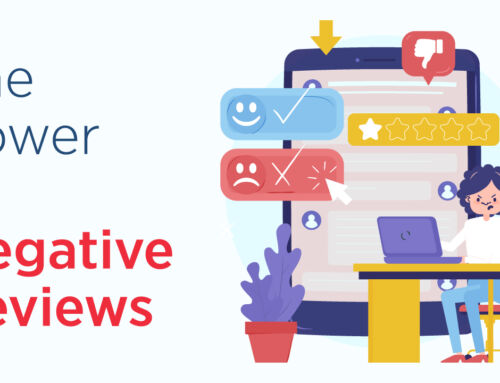


Leave A Comment